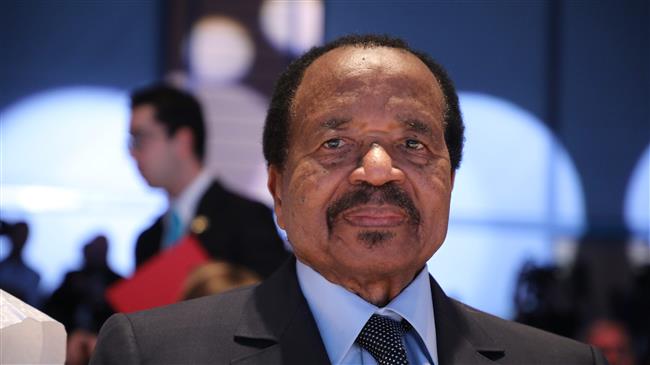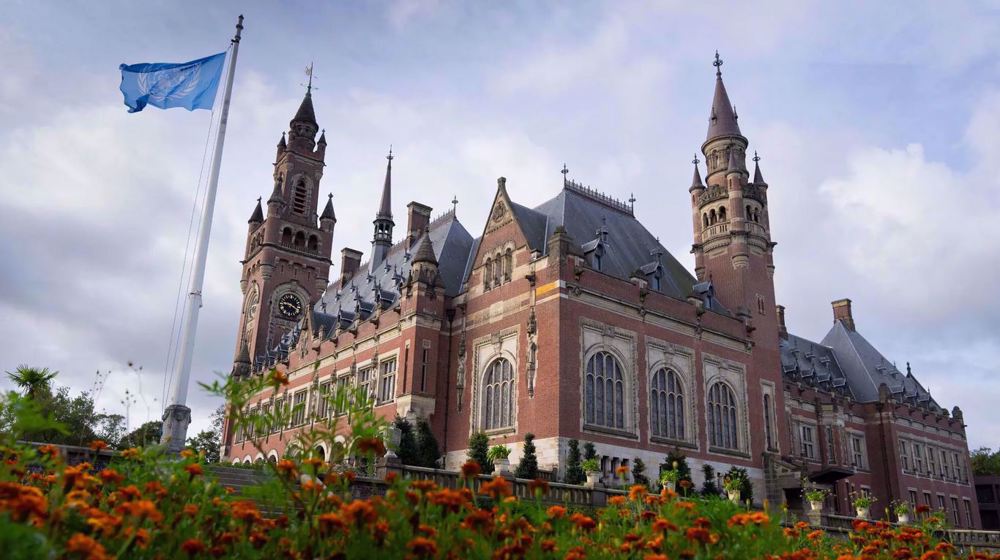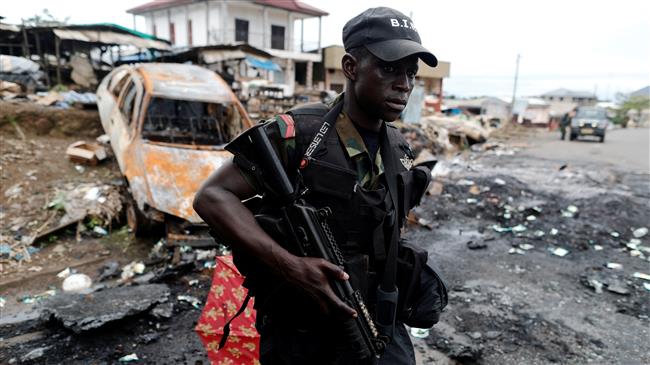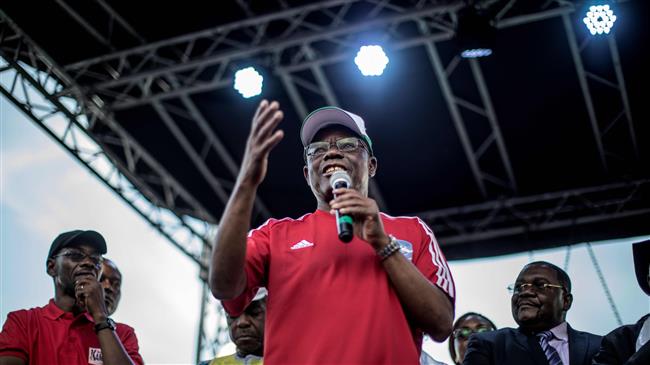Cameroon schedules parliamentary elections for Feb. 9
Cameroon's presidency announced Sunday that parliamentary elections will be held on February 9, in the latest sign that veteran ruler Paul Biya is seeking to end a long-running political crisis.
Opposition parties reacted cautiously to the presidential decree, with one spokesman urging a reform of the electoral code before the vote.
The last parliamentary elections took place in 2013 for a mandate of five years, but President Biya, who has ruled Cameroon for 37 years, has twice postponed fresh polls.
Biya, 86, was re-elected last year, but the result was contested by his main opposition rival in the vote, Maurice Kamto of the Movement for the Rebirth of Cameroon (MRC).
The 65-year-old Kamto was jailed in January after his party staged several peaceful marches challenging that result.
Released in October, he has since tried three times to hold marches, but was denied permission each time.

The West African country was for years considered relatively stable, but it has been shaken by a two-year-old separatist uprising in the west as well as attacks by the militant group Boko Haram in the north.
Biya, under international pressure, held a national peace dialogue last month during which he announced the release of 333 detainees linked to the separatist crisis.
He also ordered the release of 102 opposition activists arrested in 2018 during protests over his re-election.
Contacted by AFP, MRC general secretary Christopher Ndong said the party needed time to evaluate the news of fresh elections before responding.
"We have asked that certain preconditions be met, such as the revision of the electoral code," he said.
The main opposition party in parliament is still the Social Democratic Front (SDF), even though its candidate in last year's presidential election garnered only 3.35 percent of the vote, coming in fourth.
Contacted by AFP, the party was not immediately willing to say whether it would take part in next year's elections.
Late last month, Washington announced it was stripping Cameroon of its preferential trade status because of its poor rights record.
(Source: AFP)
UNSC deplores attacks on peacekeepers in Lebanon amid intensified Israeli aggression
VIDEO | Congress on Trauma explores medical challenges in Gaza
VIDEO | Press TV's news headlines
VIDEO | Nurses protest against Israeli genocide at UN HQ
VIDEO | France-Israel football row
VIDEO | Archbishop of Canterbury quits over handling of abuse by pedo volunteer John Smyth
Hezbollah hits Tel Aviv with ballistic missiles; debuts tactical rocket in anti-Israeli struggle
VIDEO | Iraqi resistance fighters strike ‘vital targets’ across occupied territories














 This makes it easy to access the Press TV website
This makes it easy to access the Press TV website